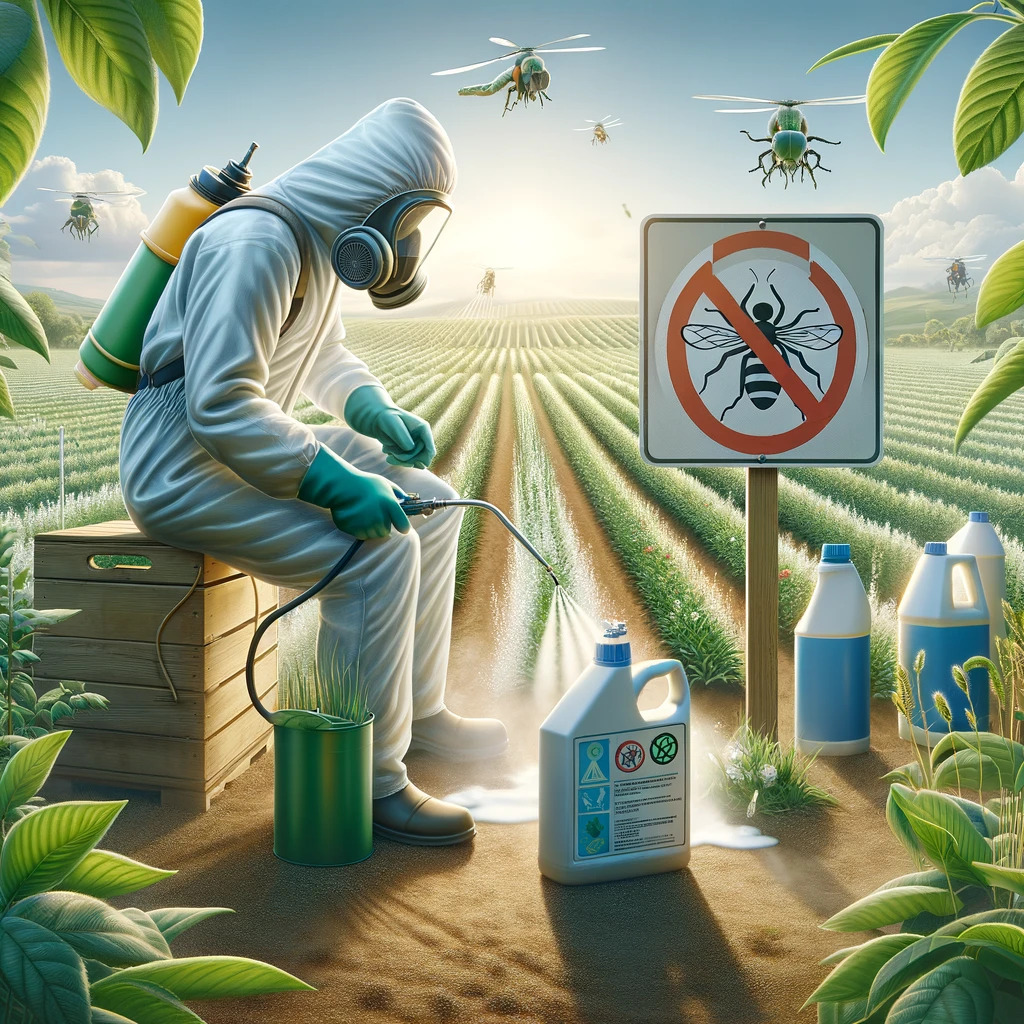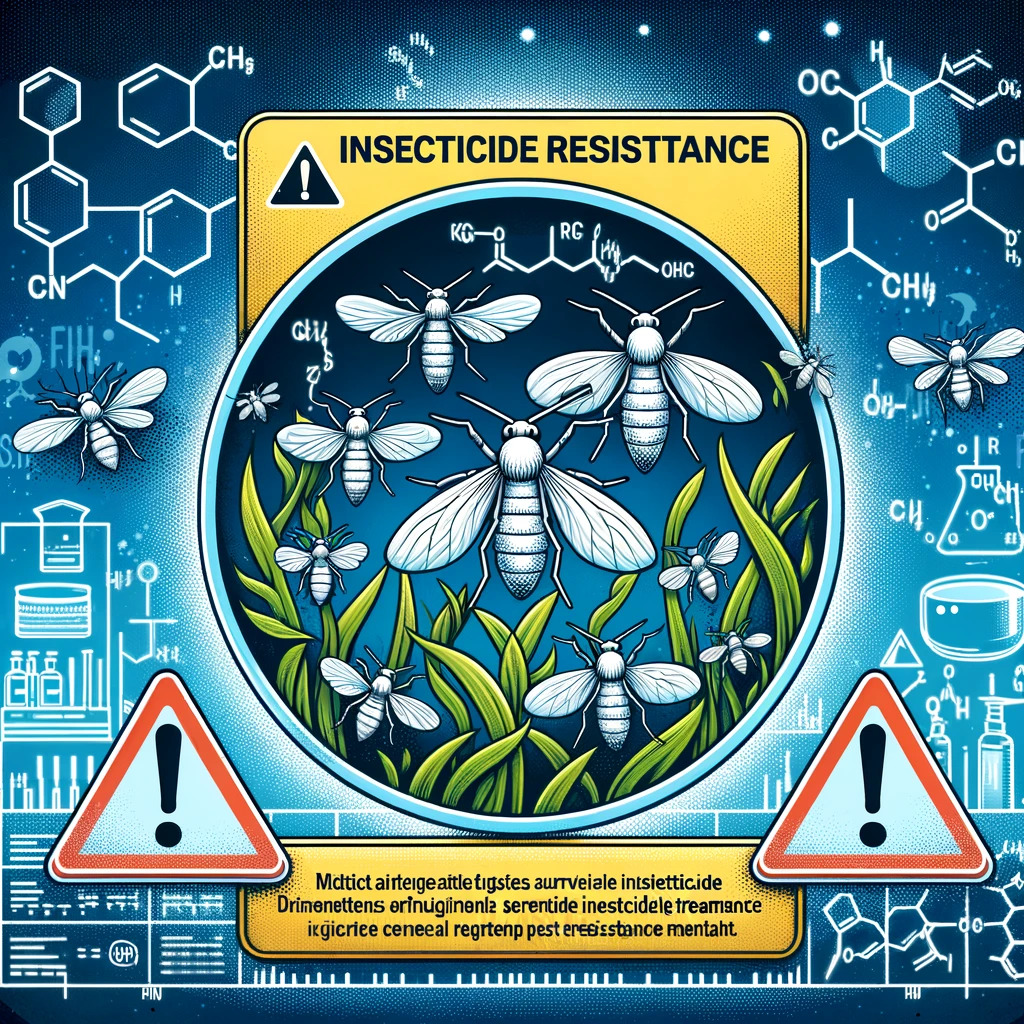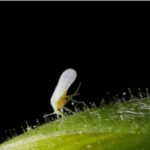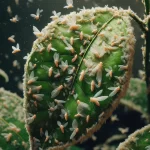Combatting whiteflies in agriculture often requires a chemical approach. This article details the most effective insecticides and application strategies to control this pest while considering safety and resistance aspects.

Types of Effective Insecticides against Whiteflies
There are several insecticides that have proven to be effective against whiteflies. These include neonicotinoids, pyrethroids, and insect growth regulators. Each type has its own advantages and specific modes of action.
Methods of Insecticide Application
The effectiveness of chemical control largely depends on how insecticides are applied. Methods include foliar spraying, soil injection, and seed treatment. The choice of method will depend on various factors, including the type of crop and the level of infestation.

Safety and Environmental Considerations
The use of insecticides carries significant responsibilities in terms of safety for applicators and the environment. It is crucial to follow dosage recommendations and safety precautions and consider the impact on pollinators and other non-target insects.

Managing Insecticide Resistance
An emerging challenge in chemical control is whiteflies’ resistance to certain insecticides. It is essential to adopt strategies such as product rotation and integration with non-chemical control methods to effectively manage resistance.

Conclusion: The Role of Insecticides in Whitefly Control
Insecticides remain a vital tool in the fight against whiteflies, but they must be used responsibly and in combination with other pest management strategies to achieve effective and sustainable control.
 AgronoBlog – Agriculture Blog
AgronoBlog – Agriculture Blog 


